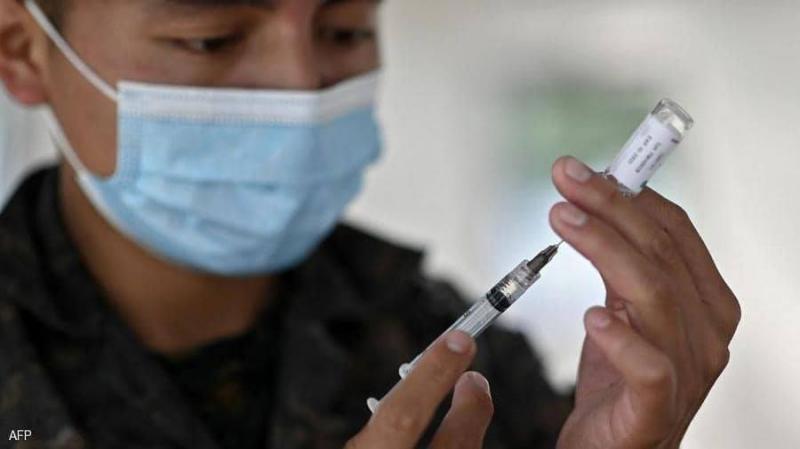On Wednesday, the European Medicines Agency listed Guillain-Barré syndrome, a rare neurological disorder, as a "very rare" side effect of the AstraZeneca COVID-19 vaccine. The agency stated in a press release that as of July 31, 833 cases of this neurological syndrome had been reported worldwide, while more than 592 million doses of the "Vaxzevria" vaccine produced by AstraZeneca had been administered by July 25.
The statement noted that the "Pharmacovigilance Risk Assessment Committee of the European Medicines Agency concluded that there is at least a reasonable possibility of a causal relationship between the Vaxzevria vaccine and Guillain-Barré syndrome." The agency added that "therefore, Guillain-Barré syndrome should be included in the product information as a side effect of Vaxzevria."
It clarified that the risk of this side effect is "very rare," defined as less than one in ten thousand, according to reports from "France Presse." Guillain-Barré syndrome is a disease that affects peripheral nerves, leading to weakness or even gradual paralysis, often starting in the legs and sometimes moving up to the respiratory muscles and nerves of the head and neck.
The agency recommended updating the warning that was added in July to raise awareness of the risks among healthcare professionals and vaccine recipients. The warning also reminds patients to seek medical care immediately if they experience weakness or paralysis in the limbs, which can extend to the chest and face.
In July, the agency also classified Guillain-Barré syndrome as a "very rare" side effect of the Johnson & Johnson COVID-19 vaccine, which, similar to the AstraZeneca vaccine, uses the same adenovirus technology. In the United States, the Food and Drug Administration warned in July of an "increased risk" of developing Guillain-Barré syndrome among individuals who received the Johnson & Johnson vaccine, but both agencies confirmed that the benefits of both vaccines far outweigh their potential risks.




